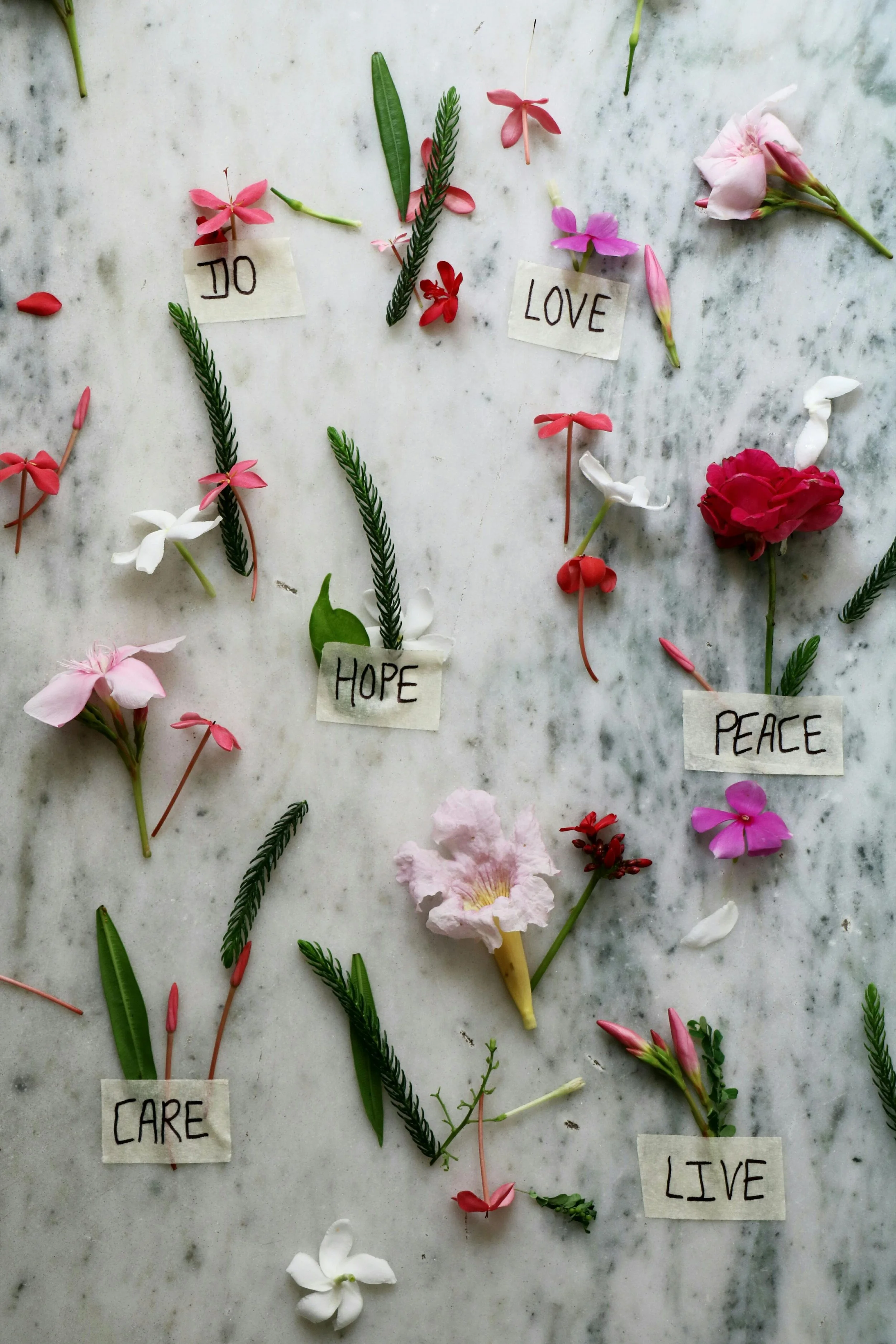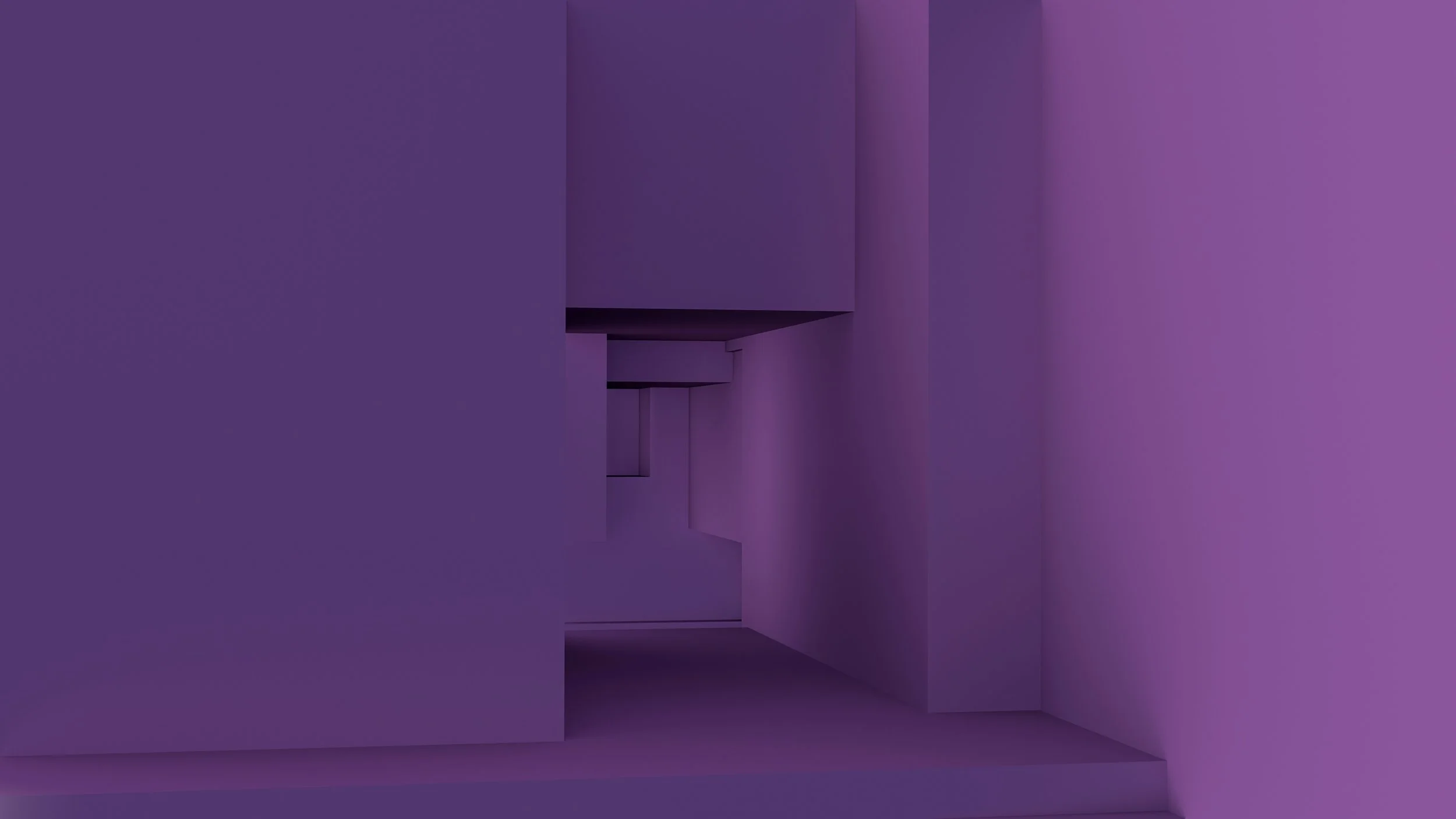Trigger warning: mental health, death
.
.
.
In a universe of entropy, living with a chronic illness has meant surrendering control and expectations of stability to give myself the gift of being more flexible and adaptable, and thus, more resilient. This transition isn’t an easy process, particularly for someone like me: an elder daughter of the diaspora fed on a steady diet of validation for professional accomplishments. Unlearning harmful ableist notions of success and well-being has been a challenging journey spanning years — and one that is and will be ongoing throughout my lifespan.
Crafting this last official piece of content as a fellow for this Young Adults Network for people with IBD (inflammatory bowel disease), I am moved to reflect on my transitions, particularly over this past year as a CCYAN Fellow. When I applied to the CCYAN fellowship a little over a year ago, I knew what I was looking for: a space to connect with others like me, and a platform to advocate about IBD. My tenure with CCYAN certainly fulfilled both of the needs, and more. I engaged with IBD research, attended meetings in the broader health policy and scientific community, facilitated peer support meetings, and became part of a community I hope to continue with for many more years. But the joy and learning from being in the CCYAN community was just a fraction of life.
In reality, 2024 was a year of great turmoil. Geopolitically, yes, and also, personally.
The beginning of my year was marked with illness. By February, after an incredibly fun winter chalet weekend with some of my closest friends, I found myself in the emergency room of a hospital. Diagnosis: severe anemia. Solution: a blood transfusion. (You can read more about that here.)
The following week, I was slated to fly to California for an interview, so I did. That went well enough that a couple of months later, I left my stable corporate job and packed my bags for a permanent move across the continent. After my PhD, I had taken a protracted hiatus from my passion, neuroscience, so I was thrilled to be returning as a postdoctoral associate (“postdoc”) in a brand new lab in the Golden state.
The move was tough. Moving to a new country means starting from scratch. Logistically, I had to get all my documents in order, deal with banks, find housing with no credit history, and navigate an entirely different healthcare system. Socially, I had to make friends and deal with the profound sense of missing everyone back home. (You can read more about that here.) But I was there to advance my career, and I obstinately held on to that goal. I had to learn many new things, and under a completely different management style than I had previously encountered. So I dove into the scientific literature, asked for help from my supervisor and colleagues, and practiced my techniques. Everytime something went wrong, I came back to the lab, working even longer and harder to make sure I could improve. I would stay late often enough that one of my favourite colleagues became the night-shift janitorial staff member. (She would often pass by me and say, “Keep working hard, girl!”)
Despite my resolve, I struggled. I wasn’t ready to give up, but the combination of suboptimal conditions affected me deeply. I’d return to my sparsely-furnished apartment at the end of each day too exhausted to do anything but eat a quick dinner and lie down, while having that sinking feeling that I had nonetheless missed the mark at work. I was living in a beautiful city with perfect weather and the vast ocean in the peak of summer, but I scarcely had the energy or capacity to enjoy it. My appetite, sleep, and energy levels were all affected, and I knew my stress could cascade into a Crohn’s flare before I knew it. I was taking everything I had unlearned about ableism and notions of success, and learned about IBD, work-life balance, and myself over the last decade, and tossing it out the window.
And as a result, I was drowning. The more I struggled to keep swimming, the more salty water I was intaking. The only times I came up for air were when visitors from home flew to California to spend time with me, showing me glimpses of the person I once was and could be.
Then, I received a text from my father. Inna lillahi wa inna ilayhi raji'un (To God we belong and to Him we return) — a prayer for the deceased. Unable to believe the words that followed, I called him immediately.
Baji Ammi had passed away.
In English, Baji Ammi translates to Sister Mother, and that is perhaps a better description than the vague, distant, and altogether inadequate word, “aunt,” that the language would otherwise designate. Her death was sudden, as she had been an otherwise active woman in her early sixties. Her death was devastating, as she was the kind of person who gave unconditional love to whomever was so fortunate as to be in her orbit.
Everything blurred together in the hours and days after this news. Grief became giant convection currents rippling through the mantle, forever shifting the tectonic plates of my life: I was forced to face myself. Ultimately, I quit my postdoc and returned home to Canada. Now, I am trying to figure out what comes next, while dealing with logistics and processing grief.
A year ago, I couldn’t have imagined that I would move across the continent only to move back, or that I’d pursue a postdoc only to leave it within a few months, or that I would never see my kind, beautiful, witty Baji Ammi ever again. And despite the overwhelming grief of dreams and of life extinguishing, I have also been incredibly fortunate (aA) to have unwavering love and support to move through this grief. I’m glad I also had CCYAN throughout this tumultuous year, getting and giving support to our incredible community.
In a universe of entropy, of constant turmoil and loss, I suppose life endures.
















